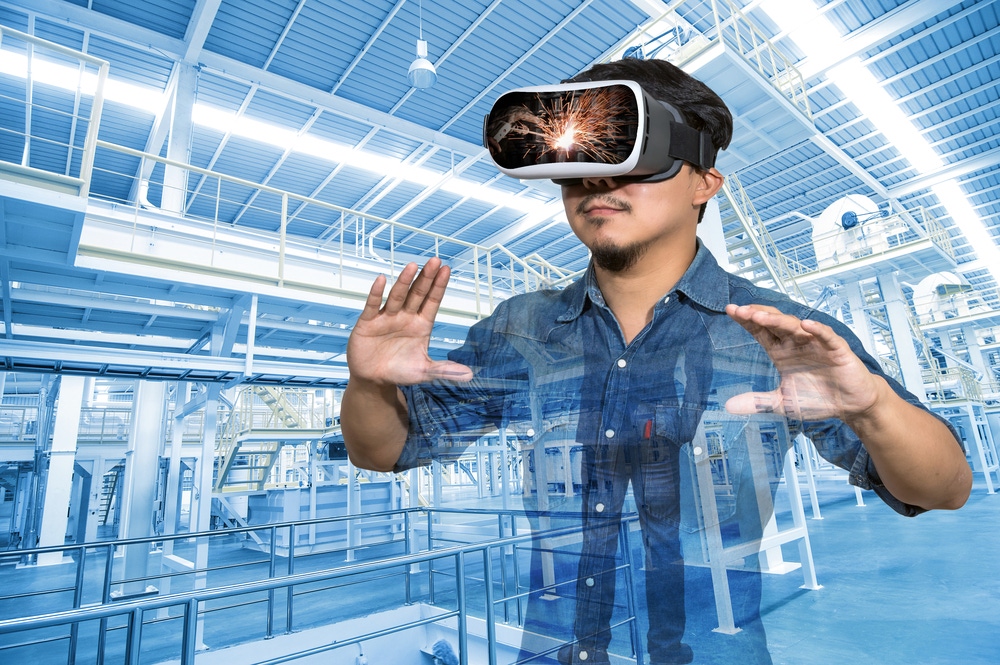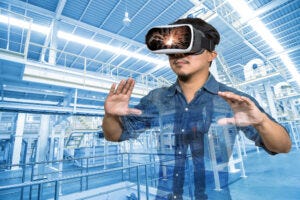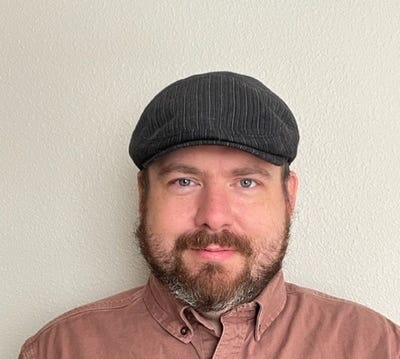
Students in Birmingham, UK are being trained in the production and administration of cell and gene therapies (CGTs) using virtual reality software. BioProcess Insider spoke with Professor Ivan Wall, co-founder and CEO of FourPlus Immersive, to find out more.
Wall’s company produces virtual reality (VR) software that students and biopharmaceutical industry professionals use to train in good manufacturing practices (GMPs), which recreates the hands-on experience of cleanroom manufacturing.
Apprentices train at the National Training Centre for Advanced Therapies Manufacturing at a site at the University of Birmingham in England, where Wall serves as director. There, the trainees are fit with VR headsets where they are oriented to a virtual cleanroom facility that is modeled after one from the real world. Within virtual reality, trainees learn how to gown, clean, and train in health-and-safety compliance before ever entering an actual cleanroom.

Image: DepositPhotos/
Tzido
“If you take people into a GMP facility there’s a lot of cost associated with that,” Wall told BioProcess Insider at Advanced Therapies Week in Miami, Florida, last month. “But when you train people with a virtual reality headset, all you need is 2 m2 per person and wi-fi support.”
Wall said using VR technology to train new personnel reduces environmental impacts while improving efficiency dramatically. He added VR use has “been demonstrated in a number of sectors to significantly accelerate the time to competence. If you can do that, you can also reduce the associated costs.”
The idea of using VR as a training tool came to Wall when he was working as a professor fulltime at Aston University. “I was interested in exploring how we might use technology for education,” he told us. “I realized that the way that we do things in universities doesn’t necessarily prepare graduates for what those actual jobs will look like and what the workplace actually looks like.”
Wall attended Advanced Therapies Week in 2020 to evaluate the needs of the CGT sector and see if his idea would satisfy an unfilled niche. He said digital technology was still in the early stages when applied to CGT training, and that gave him an opportunity.
Months later when the COVID-19 lockdown happened, Wall built a replica of a lab at Aston University. “Within a couple of weeks, I could do cell culture in my living room in a virtual reality headset.”
The program has since advanced, and Wall believes it will hold a substantial role in the future of CGT training because of its myriad advantages. Costs, for example, are reduced because trainees do not need to handle single-use bags. Such bags can cost thousands of pounds and are thrown out or incinerated after use. Wall said it can take up to 40 weeks to even acquire a bag, given the slow nature of the supply chain. Such difficulties restrict bag-use, as bags are sorely needed during actual production.
VR training has the ability to upscale a workforce that has struggled to keep up with a recent string of successful clinical trials CGT approvals by regulatory bodies. The sector is growing rapidly, requiring a skilled manufacturing workforce.
“In other sectors, for example in orthopedic surgery, we’re seeing surgeons train 570% faster.” While Wall doesn’t promise such drastic efficiency improvements in CGT training, he does expect a significant benefit. “Even if we’re very conservative and we say there will be a 30% reduction in training time by using VR, that translates to significant cost savings.”
About the Author
You May Also Like






